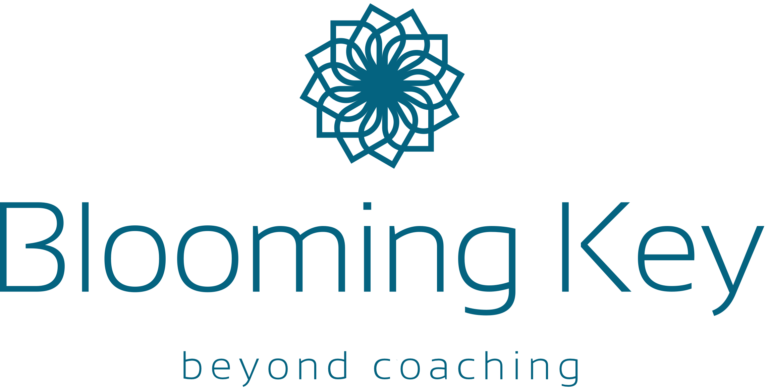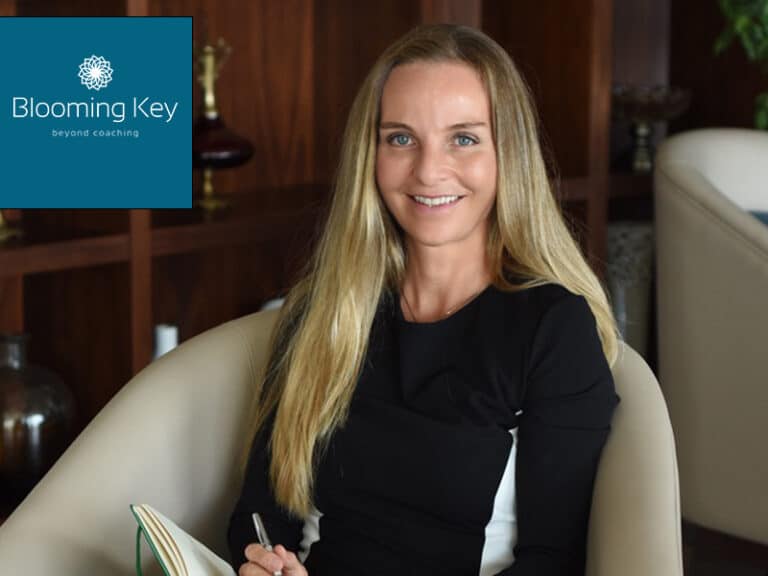Wondering how you can be better at relationships and make your connection with others healthier and more positive? As a leading provider of emotional coaching and stress management in UAE we explain that building better relationships may seem easy to some on the outside, but a good relationship takes time and dedication.
You can make a huge change in how you treat others close to you with these simple rules as guided by any expert emotional coaching and stress management coach in UAE:
1. Be You
This means being authentic, open, and honest with your partner. You need to be willing to be vulnerable and show your partner who you are. You should also be willing to have a conversation about things that are bothering both of you so that the relationship can grow stronger.
2. Keep up the Communication
Over time communication levels between people can start to diminish because of suppressed emotions and unexpressed opinions. Both partners must speak their minds when it comes to issues in the relationship, even if they do not like what they hear.
If one person is holding back on sharing their thoughts or feelings, that is when problems tend to occur in relationships.
3. Be Dependable
The third rule for being better at relationships is being dependable, especially when it comes to honesty.
If someone does not feel like they can trust their partner or they feel like they are not getting enough love, then this could cause problems in the relationship and make it more difficult for them to build a strong bond with their partner over time.
4. Keep It Positive
In any emotional coaching session, you will learn that it is crucial to keep the interactions between you and the other person positive. The most important thing is not to take things personally or respond defensively and to avoid saying something hurtful or insulting to each other.
Learning how to build better relationships with others can take time on your own. With assistance such as emotional coaching and stress management in Abu Dhabi, you can develop a much better understanding of how to handle your emotions.






